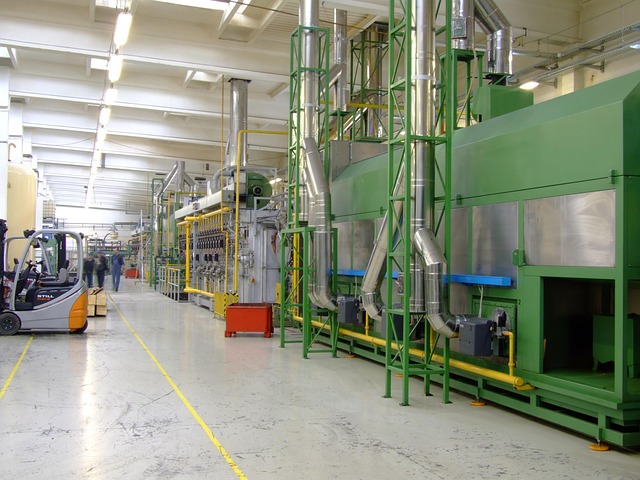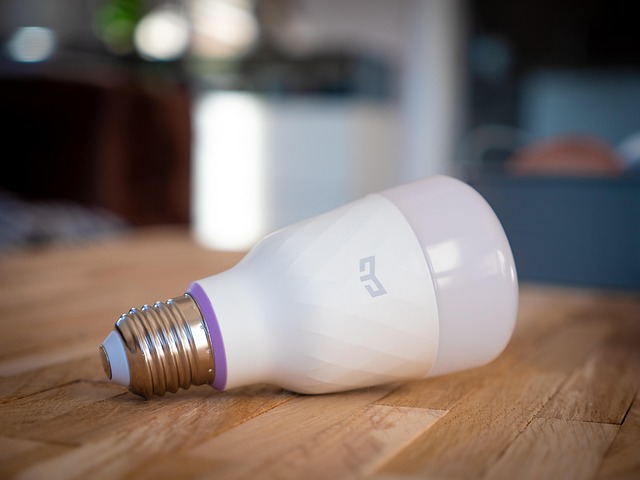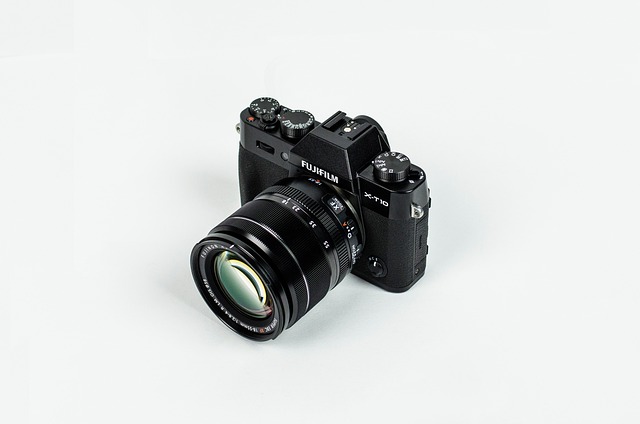As we look towards the horizon of modern commerce, the convergence of robotics and artificial intelligence is charting a new course for intelligent production. Businesses today are no longer isolated entities; they are complex ecosystems where automation plays a pivotal role in enhancing efficiency and fostering innovation.
Robotics has revolutionized the manufacturing landscape. Gone are the days when assembly lines were manned solely by human hands. Today, state-of-the-art robots perform delicate tasks with precision and speed that surpasses human capabilities. From automotive assembly to electronics production, industrial robots are not just tools; they are integral partners in streamlining processes. These machines operate around the clock, reducing downtime and maximizing output, allowing businesses to meet consumer demand more effectively.
Yet, the true magic happens when robotics joins forces with artificial intelligence. AI infuses machines with cognitive abilities, transforming them from simple automation tools into intelligent assets. With the ability to analyze vast amounts of data in real time, AI-driven robots learn from their environment, adapt their behaviors, and optimize production lines autonomously. This fusion is a paradigm shift that enables businesses to embrace predictive maintenance, thereby minimizing unexpected outages and ensuring seamless operations.
The call for intelligent production stems from the need for agility in an increasingly competitive market. Companies are recognizing that to stay ahead, they must not just automate but be smart about it. Intelligent production harnesses the strengths of robotics and AI, leading to processes that are not only faster but also more flexible. Customization is becoming the norm; businesses can quickly pivot their production lines to meet changing consumer preferences without sacrificing efficiency. This adaptability is essential in a world where the only constant is change.
Moreover, the benefits extend beyond the factory floor. Intelligent production encourages a more sustainable approach to manufacturing. By optimizing resource utilization and reducing waste, companies can mitigate their environmental impact. Solar-powered factories equipped with AI-driven robots that minimize energy consumption are not just a futuristic dream but a tangible reality that is gaining traction in various industries.
However, the journey towards intelligent production requires a cultural shift within organizations. Embracing automation is not solely about investing in technology; it involves nurturing a mindset that values continuous improvement and innovation. Employees must be equipped with the skills necessary to collaborate with these advanced systems effectively. Upskilling and reskilling the workforce will be essential in fostering an environment where human intelligence and artificial intelligence can coexist harmoniously.
As we stand on the brink of this technological revolution, it’s clear that intelligent production will redefine the future of business. Automation isn’t merely a tool for efficiency; it represents an opportunity for organizations to innovate, adapt, and lead in a rapidly evolving marketplace. The synergy between robotics and AI will continue to inspire the next generation of business leaders to envision a world where intelligent production is the standard, not the exception.




